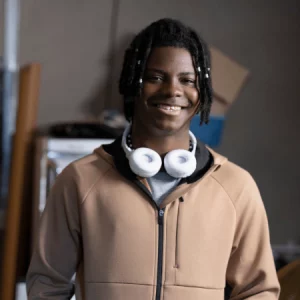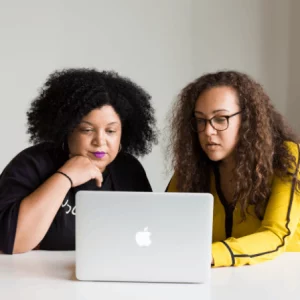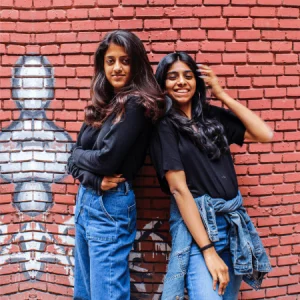

Police & Custody
Why is this a key area for the Centre?
In 1981 The Scarman report acknowledged that unemployment, racism, marginalisation, over policing and heavy use of ‘stop and search’ (SUS law) tactics were pivotal factors contributing to the Brixton (uprising) Riots of 1981. In 1999 the Macpherson report into the murder of Black teenager Stephen Lawrence concluded that ‘institutional racism’ lay at the root of police failures throughout the investigation both on an individual and institutional level. Similarly, in 2017 The Lammy Review into the treatment of, and outcomes for, Black, Asian and minority Ethnic individuals in the Criminal Justice System ‘highlights, yet again, the fundamental racist disparities in the dispensation, administration and dissemination of justice. In 2023, the Casey Review found the Metropolitan Police to be institutionally racist.


Disparities in the wider criminal justice system
- There were 697,405 stop and searches in England and Wales between April 2020 and March 2021, a rate of 12.4 per 1,000 people
- There were 7.5 stop and searches for every 1,000 white people, compared with 52.6 for every 1,000 black people
- There were 17.5 stop and searches per 1,000 people with mixed ethnicity, and 17.8 per 1,000 Asian people
- Black Caribbean, black other and Asian other ethnic groups had the highest rates of stop and search out of all 18 individual ethnic groups the black other group had the highest rate overall with 158 stop and searches per 1,000 people – this group includes people who did not identify as black African or black Caribbean or were not recorded as such

Only 36% of Black children trust the police compared to 75% of white children

Among young people, Black people had the highest custody rate, at 13.7%, compared with 9.9% for white and 10.3% for Asian young people

Children who have been stopped and searched are less likely to trust the police than those who haven’t – 58% to 74%

Trust in police was lower in older children and girls, particularly Black girls, and was the lowest in the East Midlands and Greater London
To learn more about our work, sign up to our monthly newsletter
Our newsletter will give you insight into our ongoing projects, learning, upcoming events, training and more!
Our Impact
Let’s work together
At SEEN, we pride ourselves on the work we do, and are striving to achieve our aims of creating a society where children and young people of African, Asian and Caribbean heritage have equitable futures – working with our partners to deliver these solutions. If you are interested in working with us on this, please get in touch below.




